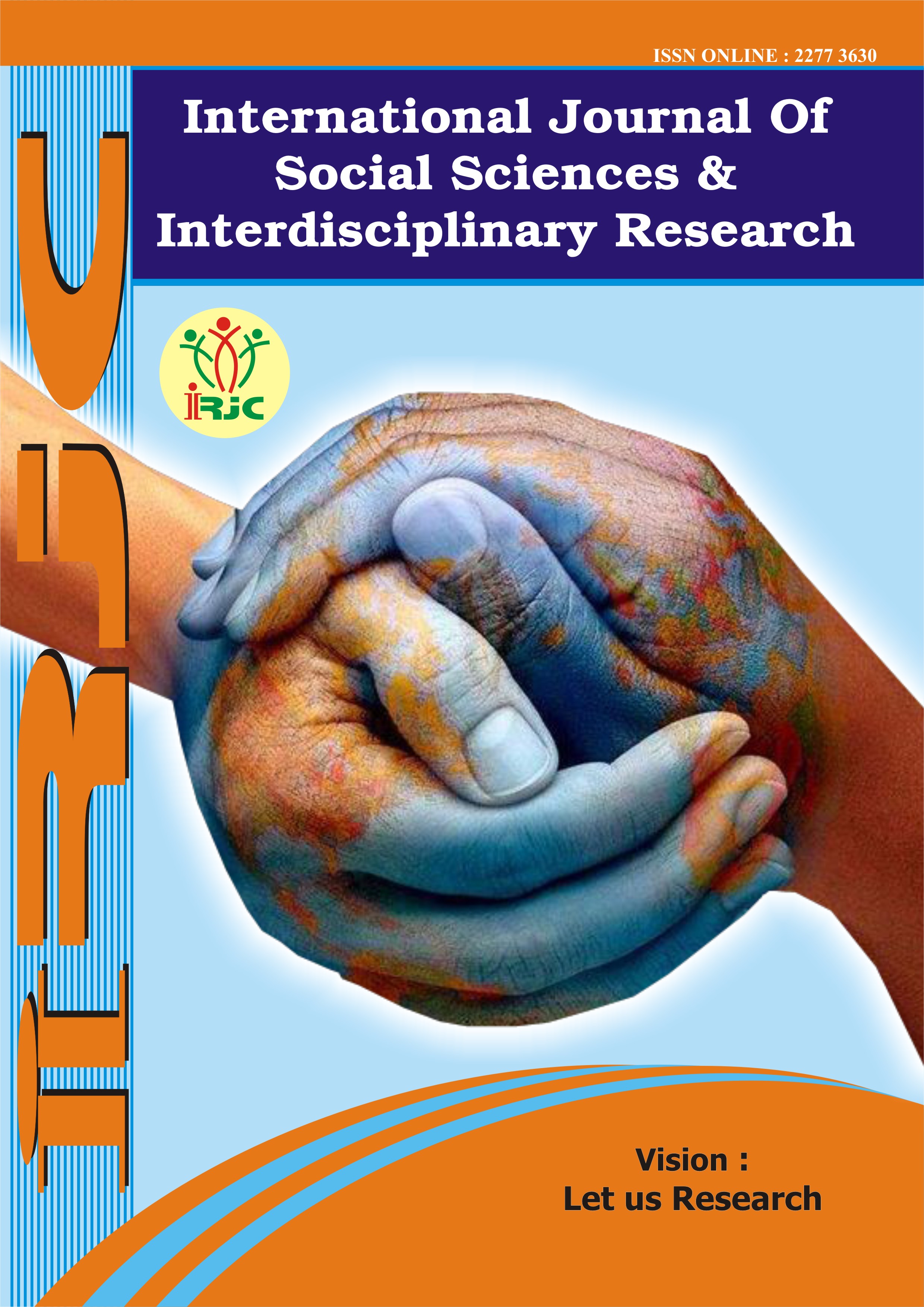LANGUAGE TEACHING PROBLEMS AND THEIR INNOVATIVE SOLUTIONS
Keywords:
linguistic instruction, second languages, pedagogy, psychological aspects, multilingualism, applied linguistics.Abstract
Despite the growing importance of acquiring proficiency in foreign languages, language instruction worldwide (with limited exceptions) appears to be relatively ineffective. This manuscript seeks to delineate prevalent challenges in general language education and explore potential remedies. The initial section identifies linguistic, psychological, methodological, and external elements impacting the learning journey. The subsequent section delves into strategies to address these issues, offering practical suggestions.
References
Arguelles, A. The price of polyglottery: the case for establishing a Polyglot Institute. International Conference on Multilingual
Proficiency: Language, Polyglossia and Polyglottery (W. Finke & L. Ashley eds.). New York: The American Society of Geolinguistics, 2016. P. 1–14.
Azimov, E. & Shchukin, A. Novy Slovar’ Metodicheskikh Terminov i Poniatiy (Teoriia i Praktika Obucheniia Iazykam) [New Dictionary of Methodological Terms and Concepts: Theory and Practice of Language Teaching]. Moscow: IKAR Press, 2009. 448 p.
Baytukalov, T. Bystroe Izuchenie Inostrannogo Iazyka ot Angliiskogo do Iaponskogo [Learning a Foreign Language Fast from
English to Japanese]. Moscow: Ripol Classic, 2008. 160 p.
Belyaev, B. Novoe v psikhologii obucheniia inostrannym iazykam [New trends in psychology of foreign language learning].
Psikhologicheskie i Psikholingvisticheskie Problemy Vladeniia i Ovladeniia Iazykom [Psychological and Psycholinguistics Problems of Language Use and Language Learning] (A. Leontiev & T. Ryabova eds.). Moscow University Press, 1969. P. 143–155.
Erard, M. Babel No More: the Search for the World’s Most Extraordinary Language Learners. New York: Free Press, 2012. 306 p.
Farber, B. How to Learn Any Language. New York: MJF Books, 1991. 172 p.
Gethin, A. & Gunnemark, E. The Art and Science of Learning Languages. Oxford: Intellect, 1997. 352 p.
Janich, M. Speak Like a Native: Professional Secrets for Mastering Foreign Languages. Boulder: Paladin Press, 2004. 122 p.
Kaufmann, S. The Linguist: a Personal Guide to Language Learning. The Linguist Institute, 2003. 146 p.
Kazakov, G. Some ideas on how to improve one’s English. Studies in Foreign Languages (Daito Bunka University, Tokyo), 2015,
P. 103–108.
Kazakov, G. A university course in methods of accelerated language learning: ideas and experience. Multilingual Perspectives
in Geolinguistics (W. Finke & H. Kitabayashi eds. in chief). Raleigh: Lulu Press, 2015. P. 144–152.
Kazakov, G. Polyglottery as a science. International Conference on Multilingual Proficiency: Language, Polyglossia and Polyglottery (W. Finke & L. Ashley eds.). New York: The American Society of Geolinguistics, 2016. P. 133–137.
Kazakov, G. Syezd poliglotov v Bratislave: Polyglot Gathering 2017 [Polyglot Gathering 2017 in Bratislava]. Journal of Psycholinguistics, 2017, 3 (33). P. 258–260.
Kazakov, G. How much input do we need to learn a language? New Perspectives in Psycholinguistic Research: Language, Culture,
Technologies. Online 12th ISAPL International Congress. June 3–5, 2021. Book of Abstracts (L. Scliar-Cabral et al. eds.). ISAPL,
P. 183–184.
Kazakov, G. Research on polyglottery: sources of data. EDULEARN21 Proceedings. 2021. P. 8290–8296. DOI: 10.21125/edulearn.2021.1670.
Kazakov, G. Parallel translation as a language learning instrument. EDULEARN21 Proceedings. 2021. P. 12478–12484. DOI:
21125/edulearn.2021.2644.
Krashen, S. Principles and Practice in Second Language Acquisition. Phoenix ELT, 1995. 202 p.
Lomb, K. Polyglot: How I Learn Languages. Berkeley–Kioto: TESL-EJ, 2008. 215 p.
Nikulicheva, D. Kak Naiti Svoy Put’ k Inostrannym Iazykam: Lingvisticheskie i Psikhologicheskie Strategii Poliglotov [How to
Find Your Way to Foreign Languages: Polyglots’ Linguistic and Psychological Strategies]. Moscow: Flinta-Nauka, 2009. 304 p.
Nikulicheva, D. Govorim, Chitaem, Pishem: Lingvisticheskie i Psikhologicheskie Strategii Poliglotov [Speaking, Reading, Writing:
Polyglots’ Linguistic and Psychological Strategies]. Moscow: Flinta-Nauka, 2013. 288 p.
Rawlings, A. How to Speak Any Language Fluently. London: Little, Brown Book Group, 2017. 224 p.
Seikei Freshers’ English Extensive Reading Teacher’s Manual. 3rd ed. Tokyo: Seikei Institute for International Studies (Seikei University), 2015. 18 p.
Spivak, D. Kak Stat’ Poliglotom [How to Become a Polyglot]. Leningrad: Lenizdat, 1989. 144 p.
Zudilin, M. Trudnosti pri Osvoenii Inostrannogo Iazyka dlia Tseley Mezhkul’turnogo Obshcheniia i Podkhody k ikh Preodoleniiu
[The Difficulties in Second Language Acquisition for Cross-cultural Communication and Approaches to Overcoming Them].
Moscow University for the Humanities, 2017. 59 p.
Downloads
Published
How to Cite
Issue
Section
License
Copyright (c) 2023 GEJournals

This work is licensed under a Creative Commons Attribution-NonCommercial-NoDerivatives 4.0 International License.





